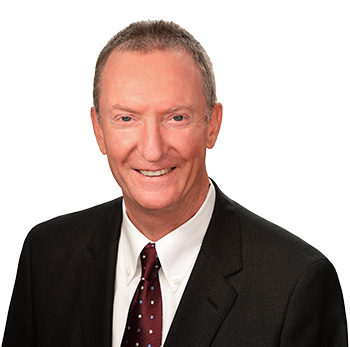Carotid Duplex Ultrasound
A carotid duplex is an imaging procedure to detect narrowing or blockages in the carotid arteries of the neck. Two types of ultrasounds are used in a carotid duplex, one which studies the arterial structure and the other which studies the way blood flows through the arteries.
The carotid arteries are the main arteries that pass through either side of the neck to supply blood to the brain, face and neck. High Cholesterol, obesity and smoking can lead to the accumulation of a fatty deposit called plaque in the blood vessels, progressively narrowing or blocking the flow of blood. Plaque can also cause blood clots, which could travel to the brain and result in stroke. If your doctor feels you have signs of developing a stroke, or have already had one, a carotid duplex may be ordered.
Prior to a carotid duplex, smoking and drinking caffeine should be avoided as it may shrink the arteries and produce unclear results. You are asked to lie on a table with the neck slightly extended. A lubricating gel is applied to the area of the neck where the carotids pass. An ultrasound device is then moved over this area producing the sound waves which reflect off the carotid artery structure and the blood passing within. These sound waves are recorded and processed to create images of the arterial structure, its areas of narrowing or blockage, as well as the direction and velocity of the blood.
Following the procedure, your doctor will examine the results and if carotid disease is identified, you may be asked to undergo further tests or interventional procedures to remove the blockage and keep the blood vessels open.


